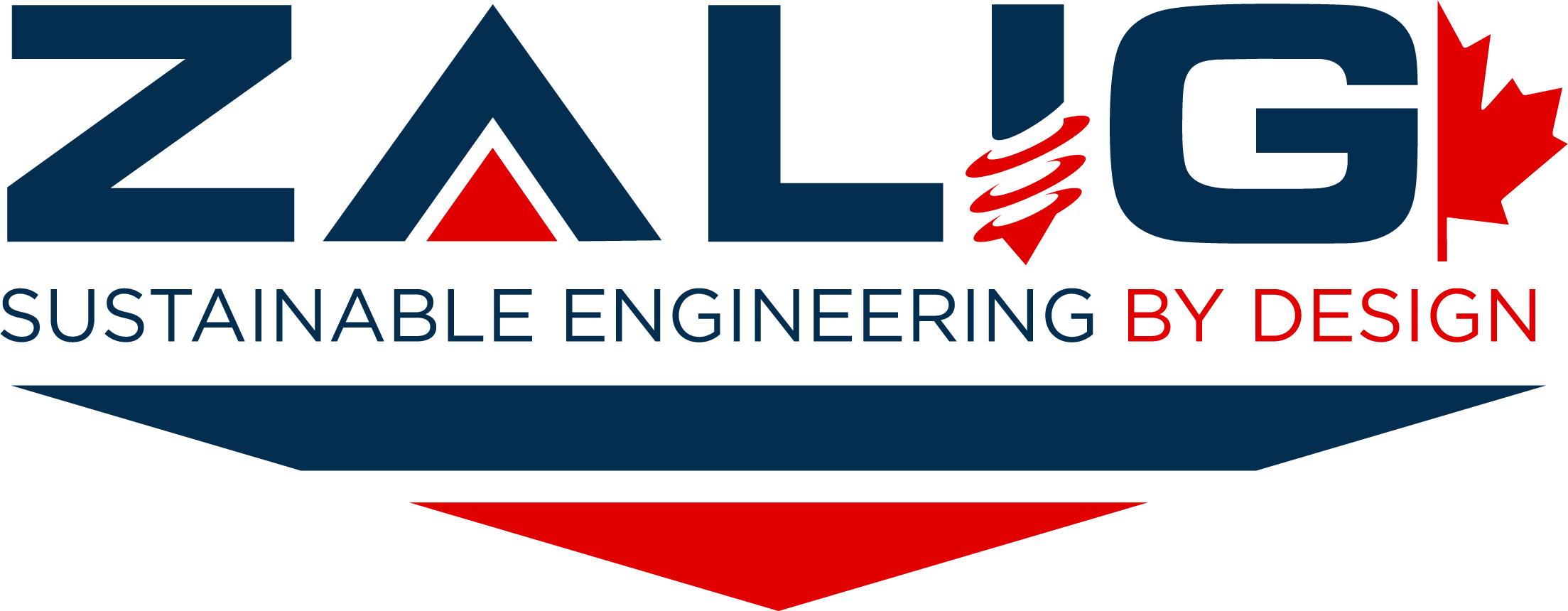- Asphalt Content
- Asphalt Content
Asphalt, also known as bitumen, is a black, sticky substance that is widely used in the construction of roads, driveways, and other pavement surfaces. It is a mixture of various hydrocarbons that are derived from crude oil, and it is known for its durability, flexibility, and resistance to water and wear.
One of the key properties of asphalt is its content, which refers to the percentage of asphalt present in a mixture. Asphalt content is an important factor in determining the strength, durability, and performance of an asphalt pavement. It is also used to calculate the amount of asphalt required for a construction project, which can help to control costs and ensure that the correct amount of asphalt is used.
There are several methods that can be used to determine the asphalt content of a sample. One of the most common methods is the ignition method, which involves heating the sample to a high temperature and measuring the weight loss. The weight loss is used to calculate the percentage of asphalt present in the sample. Another method is the solvent extraction method, which involves using a solvent to dissolve the asphalt in the sample. The solvent is then evaporated, and the remaining asphalt is weighed to determine the asphalt content.
A third method is the nuclear density gauge method, which uses a radioactive source to measure the density of the sample. The density is used to calculate the asphalt content based on the known density of asphalt.
Each of these methods has its own advantages and limitations. The ignition method is simple and widely used, but it can be affected by the presence of other materials in the sample. The solvent extraction method is more accurate, but it requires the use of hazardous chemicals. The nuclear density gauge method is quick and easy to use, but it is expensive and requires special training to use due to the use of radiation.
In conclusion, the asphalt content of a sample is an important factor in determining the strength, durability, and performance of an asphalt pavement. There are several methods available for determining the asphalt content, including the ignition method, the solvent extraction method, and the nuclear density gauge method. Each method has its own advantages and limitations, and the choice of method will depend on the specific needs and requirements of the project.
At ZALIG, we offer a wide range of quality geotechnical, environmental, material testing, transport, survey and hydro-technical engineering services to clients in both the public and private sectors. Operating from our base in Western Canada, our industry-leading experts set the pace in various geotechnical, environmental, and construction service markets. If you need geotechnical engineering services in Alberta, we've got you covered! Get in touch with us today and let's talk about your project!
